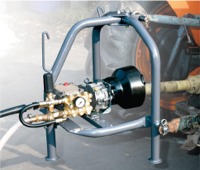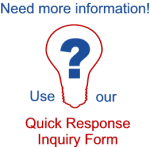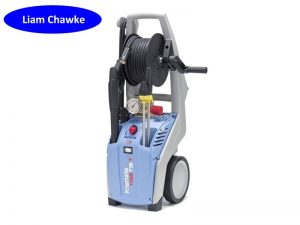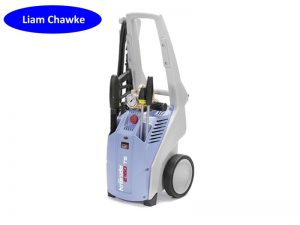Pressure Cleaning Safety Tips
Before you start a pressure cleaning job, it is important to identify all hazards of the job and ensure you are well prepared. It is vital to ensure you have taken every safety precaution for yourself, other people working with you doing cleaning, other people and animals in the area.
Identify potential hazards around you. These may include, but are not limited to:
- Airborne objects – cleaning dirty surfaces such as a yard can send debris flying up towards you at great speed – eye protection is a must.
- Chemical Hazards – when cleaning with chemicals, be sure to take proper precautions recommended by the chemical manufacturer, e.g. use chemical proof protective clothing
- Electric shock – ensure all power cables being used are not in low lying areas where water may gather – lift them up where possible. Do not use electric powered washers on a wet or rainy day. Ensure water is not directed at the power supply or at the pressure cleaner
- Fumes/Ventilation – when using a pressure cleaner with a petrol or diesel engine powered washer, or a hot water unit with a diesel burner, ensure there is good ventilation around the work area
- Use proper warning signs around the cleaning area to prevent people coming near
Ensure you have and wear proper safety gear:
- Eye protection – always wear safety glasses or a face shield when using a high pressure cleaner, to protect against chemicals, flying debris and spray back.
- Wear proper clothing that does not restrict movement or vision. For high pressure applications of up to 5000 psi, special safety clothing is available that can resist direct spray from a pressure cleaner.
- If using engine driven pressure cleaning equipment, use appropriate ear protection due to engine noise.
- If you are cleaning on a roof or on a scaffolding, always use appropriate fall restraint or protection equipment
- Wear gloves and boots to protect against chemicals, high pressure water, flying debris and other hazards. Boot protectors are also advisable for applications where you are cleaning near your feet
- Ensure you wear a respirator/face mask when working around dust, chemicals, paints and other toxic fumes.
Hot Water Cleaner or Cold Water Cleaner?
Cold water high pressure cleaners can be used with great success in many different applications – using a combination of the water impact, and the use of a cleaning chemical or soap if necessary. Generally, cold water is used in applications such as cleaning tractors, machinery or heavy earthmoving equipment, general maintenance or building cleaning and other areas where grease and oil are not present.
When it comes to cleaning applications that include grease, oil or where you are required to sanitize or degrease an area – this is where hot water/steam high pressure cleaners are ideal. The hot water high pressure washer will clean much faster and more thoroughly than most cold water models.
 At Liam Chawke Electrical, we have various hot water cleaners available including Diesel heated electric models from the Kranzle range, electrically heated models from the Kranzle range (ideal for indoor use and for sanitary/dairy/food/milking parlour/pharmaceutical applications – no fumes, no fuel). We also have self-contained engine driven and tractor PTO powered washers where no electricity is required. Visit the main Pressure Washer page for details.
At Liam Chawke Electrical, we have various hot water cleaners available including Diesel heated electric models from the Kranzle range, electrically heated models from the Kranzle range (ideal for indoor use and for sanitary/dairy/food/milking parlour/pharmaceutical applications – no fumes, no fuel). We also have self-contained engine driven and tractor PTO powered washers where no electricity is required. Visit the main Pressure Washer page for details.







